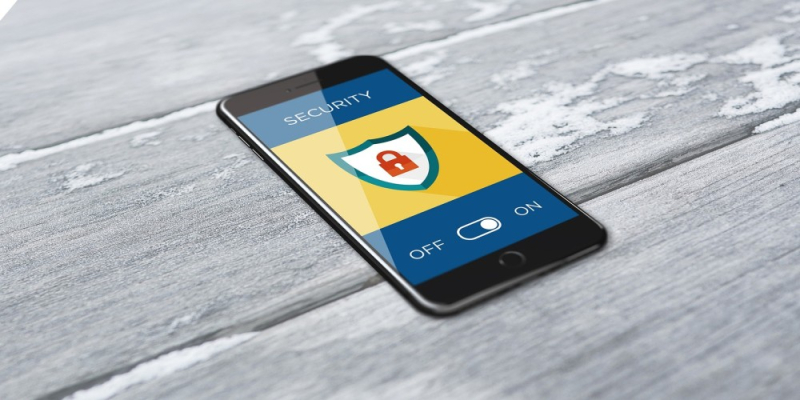
- 20 Aug 2023
Navigating the Digital Playground: The Critical Role of Parental Controls in Children's Gaming Apps
The digital age has revolutionized the way children play and learn. Gaming apps designed for children have seen a rapid rise in popularity over the past decade. They provide an interactive platform where children can have fun, learn new skills, and even socialize with their peers.
However, the online world is a double-edged sword. While it offers numerous benefits, it also presents a host of potential threats, including exposure to inappropriate content, cyberbullying, and online predators. This is where the importance of parental controls in children's gaming apps comes into play. These controls are crucial in ensuring a safe and age-appropriate digital environment for kids.
The Potential Dangers of Unmonitored Digital Play

Children's gaming apps can be a source of entertainment and educational value. However, without appropriate safeguards, they can also expose children to numerous risks. For instance, some games have chat features that could expose kids to inappropriate language or predatory behavior. Others may contain violent or adult-themed content not suitable for young audiences.
In addition, many apps entice users to make in-app purchases, often without clear warnings or consent processes, leading to unexpected charges. There's also the concern of excessive screen time affecting children's physical health and social development. Hence, parental controls become a necessity to mitigate these potential dangers.
The Vital Role of Parental Controls
Parental controls are tools that allow parents to monitor and restrict their child's digital activities, providing a safer online experience. They offer various features like setting time limits, blocking inappropriate content, controlling in-app purchases, and monitoring online interactions. Some gaming apps even have age-rating systems to help parents decide if a game is suitable for their children.
More than just controlling what a child can or cannot do, these tools give parents the peace of mind knowing their kids can enjoy their digital playtime safely. Moreover, parental controls can also serve as a springboard for open conversations about online safety, digital citizenship, and responsible gaming.
Implementing Parental Controls Effectively

While parental controls offer substantial benefits, their effectiveness largely depends on how parents implement them. It's essential for parents to understand the different features and how to use them. Moreover, controls should be age-appropriate; what's suitable for a teenager may not be for a younger child.
Parents should also keep themselves updated with the latest digital trends and potential threats. Most importantly, they should communicate with their children, explaining why these controls are necessary and how they can protect them. Parents need to foster an environment of trust and openness where children feel comfortable discussing their online experiences.
Conclusion: A Shared Responsibility
Parental controls in children's gaming apps play a pivotal role in creating a safer digital playground. However, they are not a standalone solution. They are part of a broader approach that includes open communication, education, and mutual trust.
Parents, educators, and app developers all share the responsibility of ensuring the online safety of children. While parents use controls and guide their children, educators can supplement this with lessons on digital safety, and developers can design apps with built-in safety features. In this digital age, safeguarding our children's online experiences is a shared responsibility that we must all undertake.

0 Comments
Leave a comment
Your comment is awaiting moderation. We save your draft here